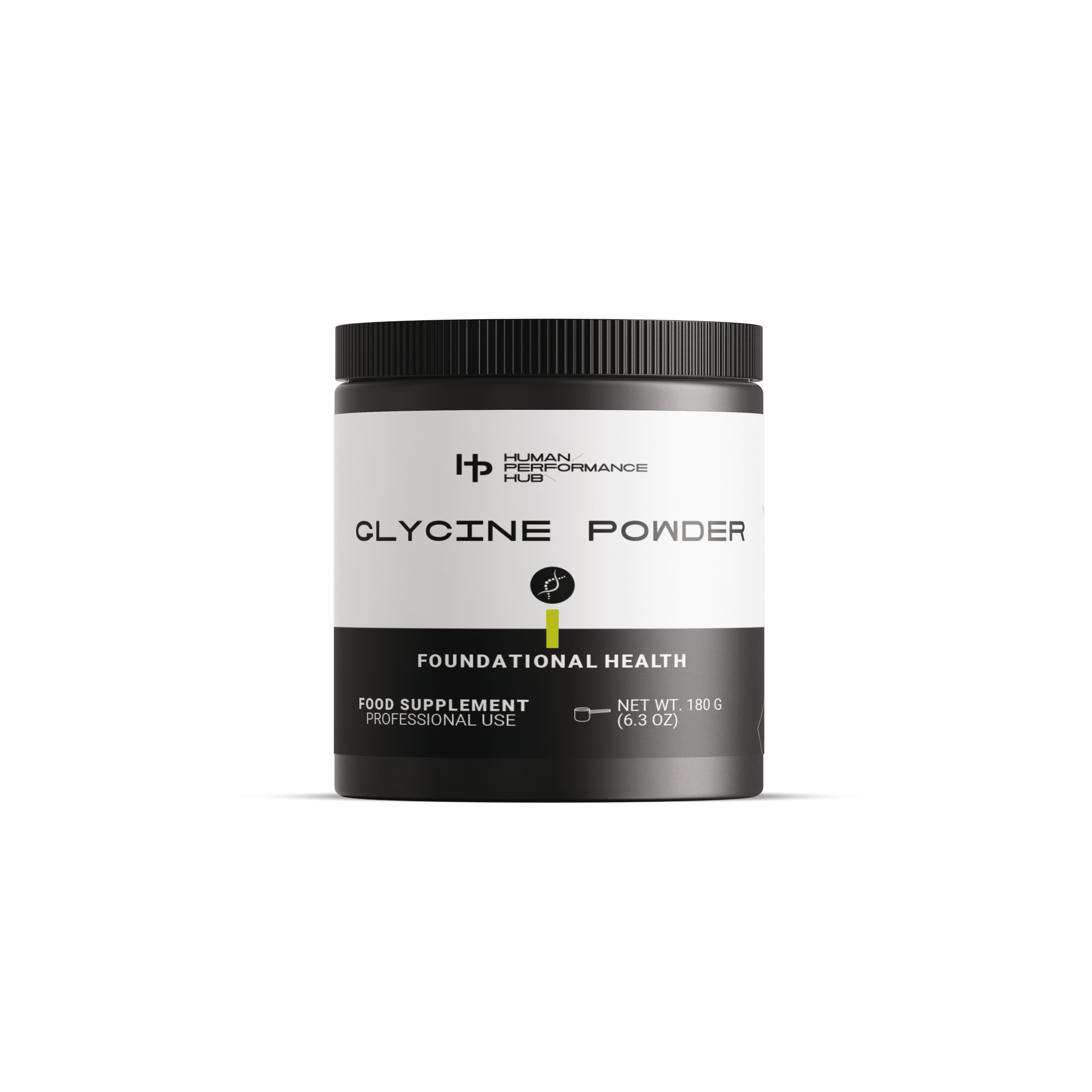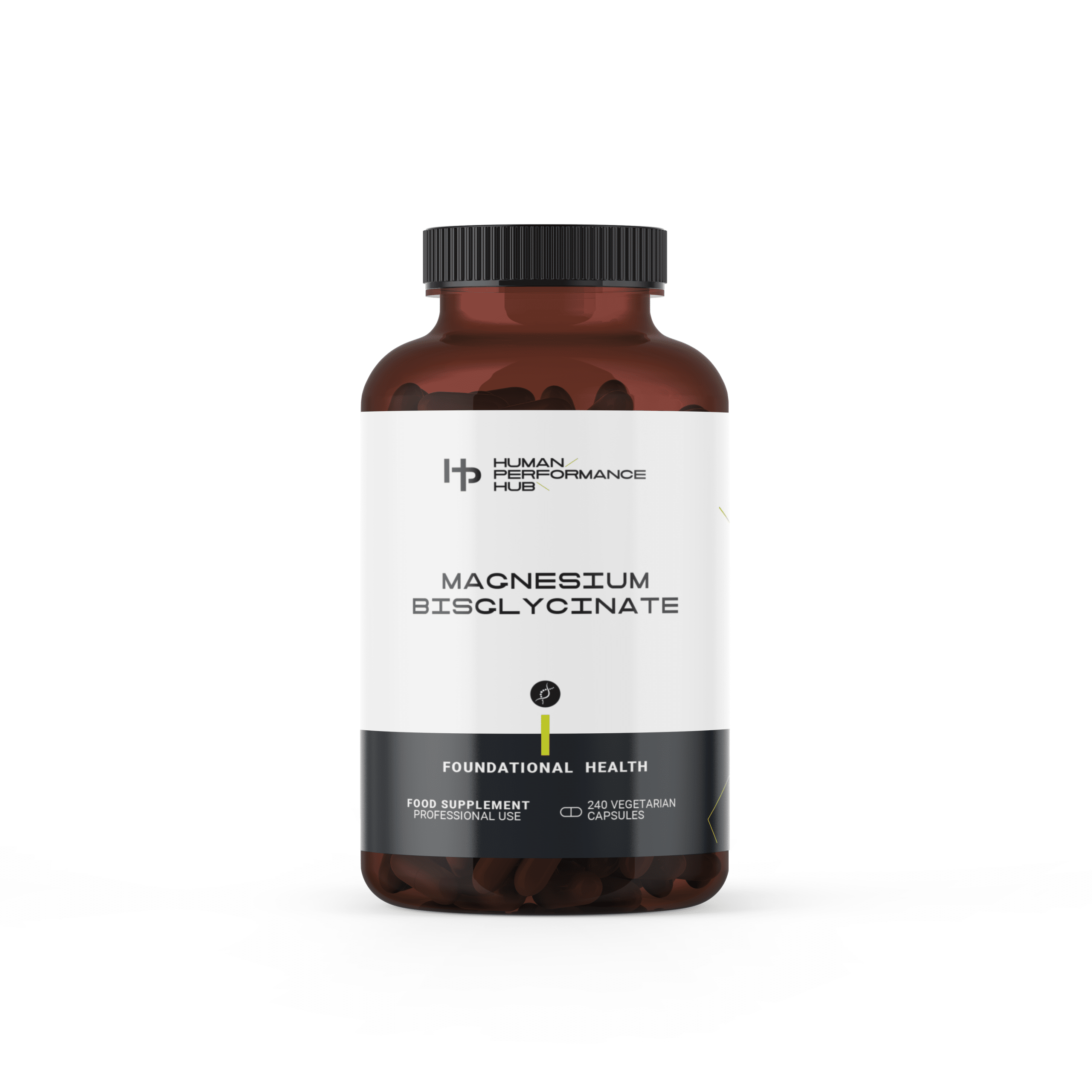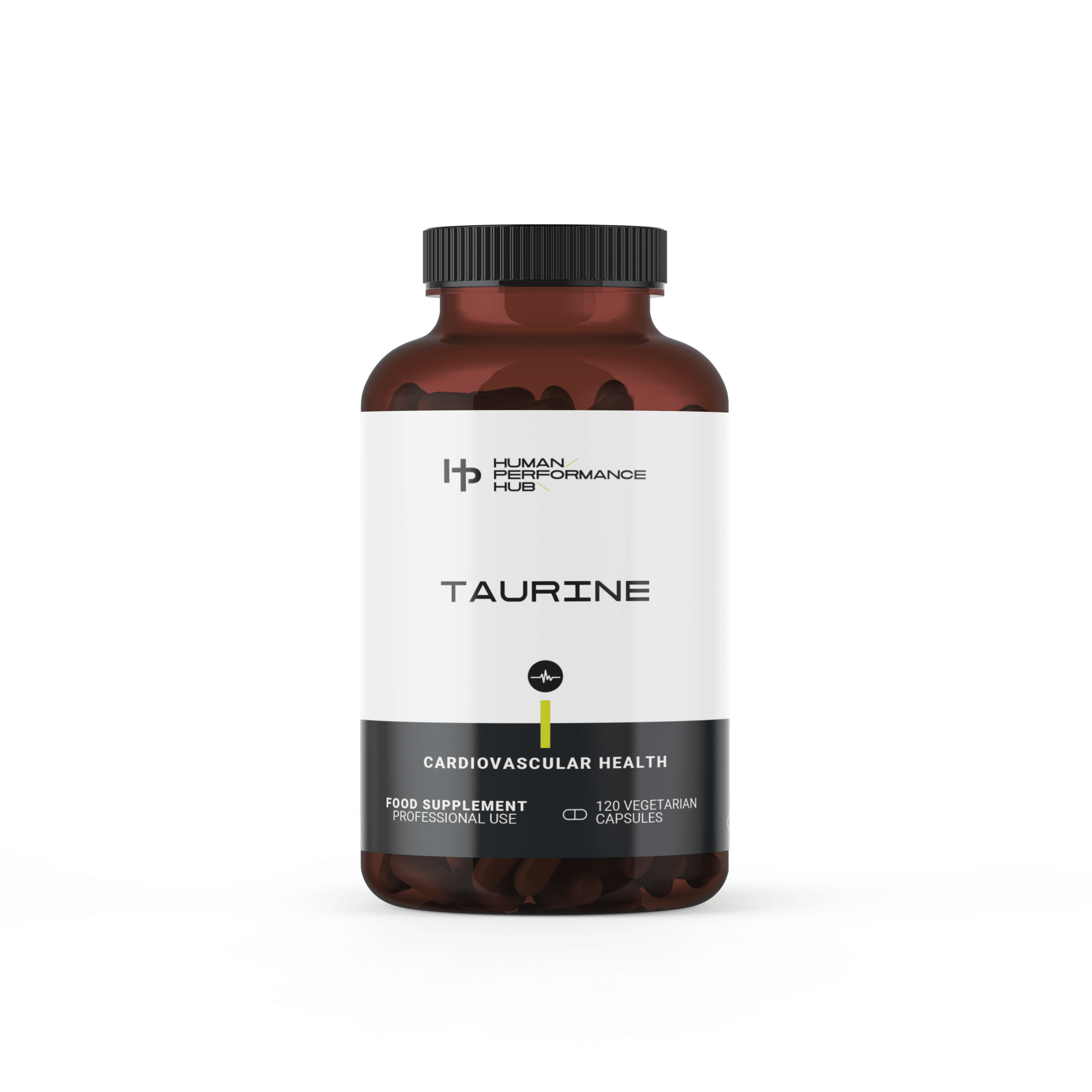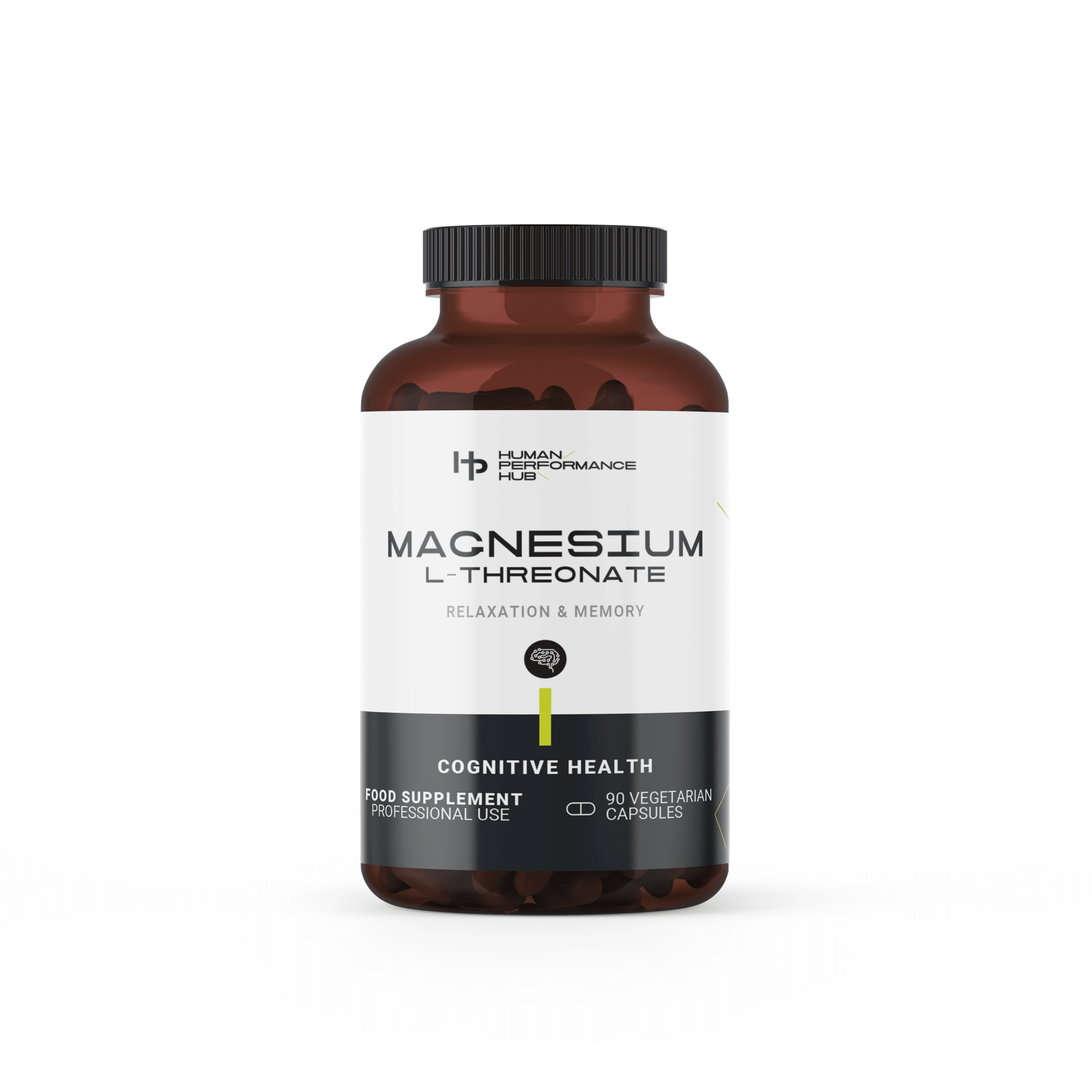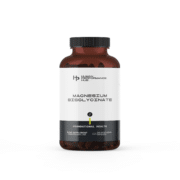Do you have trouble falling asleep? Do racing thoughts in your head keep you up at night? Are your muscle injuries not healing fast enough? If you answered yes to any of these questions, you might be deficient in GABA and serotonin – the brain chemicals that help you sleep better and recover faster.
I previously discussed the importance of sleep for recovery. You require sleep during the recovery process because your body repairs itself while you snooze. When asleep, your body produces more hormones that stimulate growth, regenerate cells, and regulate your metabolism.
When your body and brain are at rest during deep sleep, much of the recovery process occurs. That’s why one of the most important areas to look at relative to sleep and recovery is the neurotransmitters’ role, particularly GABA and serotonin.
What exactly are neurotransmitters?
Your brain has billions of nerve cells that communicate with each other by chemical messengers called neurotransmitters. The brain uses neurotransmitters to send messages to your nervous system that control actions like breathing, heart rate, and digestion. They also regulate your moods, sleep, concentration, weight, and ability to handle stress.
There are over 40 known neurotransmitters that fall in one of two main categories: inhibitory and excitatory. Excitatory neurotransmitters stimulate the brain, while inhibitory neurotransmitters calm the brain and bring balance.
About GABA
GABA is an inhibitory neurotransmitter; it slows down brain activity and puts your body in a calmer and more relaxed state. GABA also plays a role in regulating muscle tone and the healthy functioning of the body’s immune and endocrine systems. (1)
When your body and mind are relaxed, you can fall asleep easier and sleep soundly throughout the night. This is why low GABA activity in your body is linked to insomnia and disrupted sleep. One research study showed that GABA levels in people with insomnia were almost 30 percent lower than those without insomnia. Also, these low GABA levels corresponded to more restless, wakeful sleep. (2)
Low GABA levels are partly due to chronic stress, lack of certain nutrients, and exercise. Some signs and symptoms of GABA deficiency are sleep problems, anxiety, stress, palpitations, depression, brain fog, muscle pain, and headaches.
About serotonin
Like GABA, serotonin is an inhibitory neurotransmitter. Serotonin is essential for GABA to function properly, and it is also responsible for many important functions that get you through the day.
For example, serotonin, commonly called the “happiness hormone”, is well known for regulating mood and feeling good. However, it also plays a significant part in healthy sleeping patterns and processes affecting digestion, wound healing, and bone health, among others.
Low serotonin levels in your body can affect your mental, physical, and emotional wellbeing. Common symptoms include anxiety, depression, sleep problems, chronic pain, digestive issues, memory, or learning.
Several factors contribute to low serotonin levels, including low levels of the amino acid tryptophan, digestive issues that impair food absorption, and lack of sunlight.
How to promote healthy GABA and serotonin levels
Rest and recovery are crucial to any training routine. Unfortunately, deficiencies in GABA or serotonin can profoundly affect your ability to get the restful sleep your body needs. You can do some things to help get these two essential neurotransmitters back in balance.
-
- Sleep. Get consistent, quality sleep to give your body time to release hormones essential for repairing and building muscles and other tissues in your body. For sleep tips, see How to sleep your way to better health.
-
- Exercise. Regular physical activity increases the release of certain neurotransmitters in your body, including serotonin, and improves physical and mental health. (3)
-
- Stress Management. Chronic stress leads to elevated levels of the stress hormone cortisol, which depletes serotonin and other neurotransmitters in the brain. (4) You can never completely remove stress, but your intuition should tell you when you need to pull back. Practising regular calming activities, like meditation, can help boost the serotonin levels in your body.
- Stress Management. Chronic stress leads to elevated levels of the stress hormone cortisol, which depletes serotonin and other neurotransmitters in the brain. (4) You can never completely remove stress, but your intuition should tell you when you need to pull back. Practising regular calming activities, like meditation, can help boost the serotonin levels in your body.
-
- Diet. Serotonin levels are known to drop with a diet low in tryptophan. Consuming foods high in tryptophan, such as eggs, cheese, pineapple, turkey, tofu, salmon, and nuts and seeds, can help replenish your serotonin levels. Also, high-fibre foods such as fruits, vegetables, legumes that fuel healthy gut bacteria play a role in serotonin levels through the gut-brain axis. (5)
- Diet. Serotonin levels are known to drop with a diet low in tryptophan. Consuming foods high in tryptophan, such as eggs, cheese, pineapple, turkey, tofu, salmon, and nuts and seeds, can help replenish your serotonin levels. Also, high-fibre foods such as fruits, vegetables, legumes that fuel healthy gut bacteria play a role in serotonin levels through the gut-brain axis. (5)
-
- Bright light exposure. Serotonin levels increase with exposure to bright light, especially sunshine. (6) To get better sleep, try to spend at least 15 minutes outside every day. Light therapy using a SAD lamp will also increase your serotonin when there is a lack of sunshine, like in the winter months.
- Bright light exposure. Serotonin levels increase with exposure to bright light, especially sunshine. (6) To get better sleep, try to spend at least 15 minutes outside every day. Light therapy using a SAD lamp will also increase your serotonin when there is a lack of sunshine, like in the winter months.
-
- Supplementation. Certain nutrients can affect your GABA and serotonin levels. For example, melatonin and magnesium modulate GABA activity in the brain, which regulates sleep and helps the body produce serotonin. Stress also affects the absorption of magnesium. Supplementing with the following products can help to reduce stress, promote sleep and healthy GABA and serotonin levels.
Imbalances of GABA and serotonin levels hamper your body’s ability to rest and repair itself effectively. You can reduce the risk of deficiencies in these neurotransmitters through dietary interventions, exercise, sunshine, stress reduction, good sleep, and supplementation. Every change you make, when practised consistently, will improve your health and wellbeing.
Consultations
We’re always here to help. If you have any questions or would like advice about supplements, nutrition, or training, please book in for a consultation.
Disclaimer
Always speak with your physician or other healthcare professionals before making any nutritional & lifestyle changes or before taking any nutritional supplement. For more information, please view our terms & conditions.
References
- Barragan A, Weidner JM, Jin Z, Korpi ER, Birnir B. GABAergic signalling in the immune system.
https://www.ncbi.nlm.nih.gov/pubmed/25677654
- Winkelman JW, Buxton OM, Jensen JE, Benson KL, O’Connor SP, Wang W, Renshaw PF. Reduced brain GABA in primary insomnia: preliminary data from 4T proton magnetic resonance spectroscopy (1H-MRS).
https://www.ncbi.nlm.nih.gov/pubmed/19014069
- Lin, Tzu-Wei, and Yu-Min Kuo. “Exercise benefits brain function: the monoamine connection.” Brain sciences vol. 3,1 39-53. 11 Jan. 2013, doi:10.3390/brainsci3010039
https://www.ncbi.nlm.nih.gov/pmc/articles/PMC4061837/
- Natarajan, Reka et al. “Protracted effects of chronic stress on serotonin-dependent thermoregulation.” Stress (Amsterdam, Netherlands) vol. 18,6 (2015): 668-76. doi:10.3109/10253890.2015.1087502
https://www.ncbi.nlm.nih.gov/pmc/articles/PMC4893822/
- Jenkins, Trisha A et al. “Influence of Tryptophan and Serotonin on Mood and Cognition with a Possible Role of the Gut-Brain Axis.” Nutrients vol. 8,1 56. 20 Jan. 2016, doi:10.3390/nu8010056
https://www.ncbi.nlm.nih.gov/pmc/articles/PMC4728667/
- European neuropsychopharmacology: the journal of the European College of Neuropsychopharmacology. Bright light exposure during acute tryptophan depletion prevents a lowering of mood. ISSN: 0924-977X, Vol: 18, Issue: 1
http://www.ncbi.nlm.nih.gov/pubmed/17582745/


